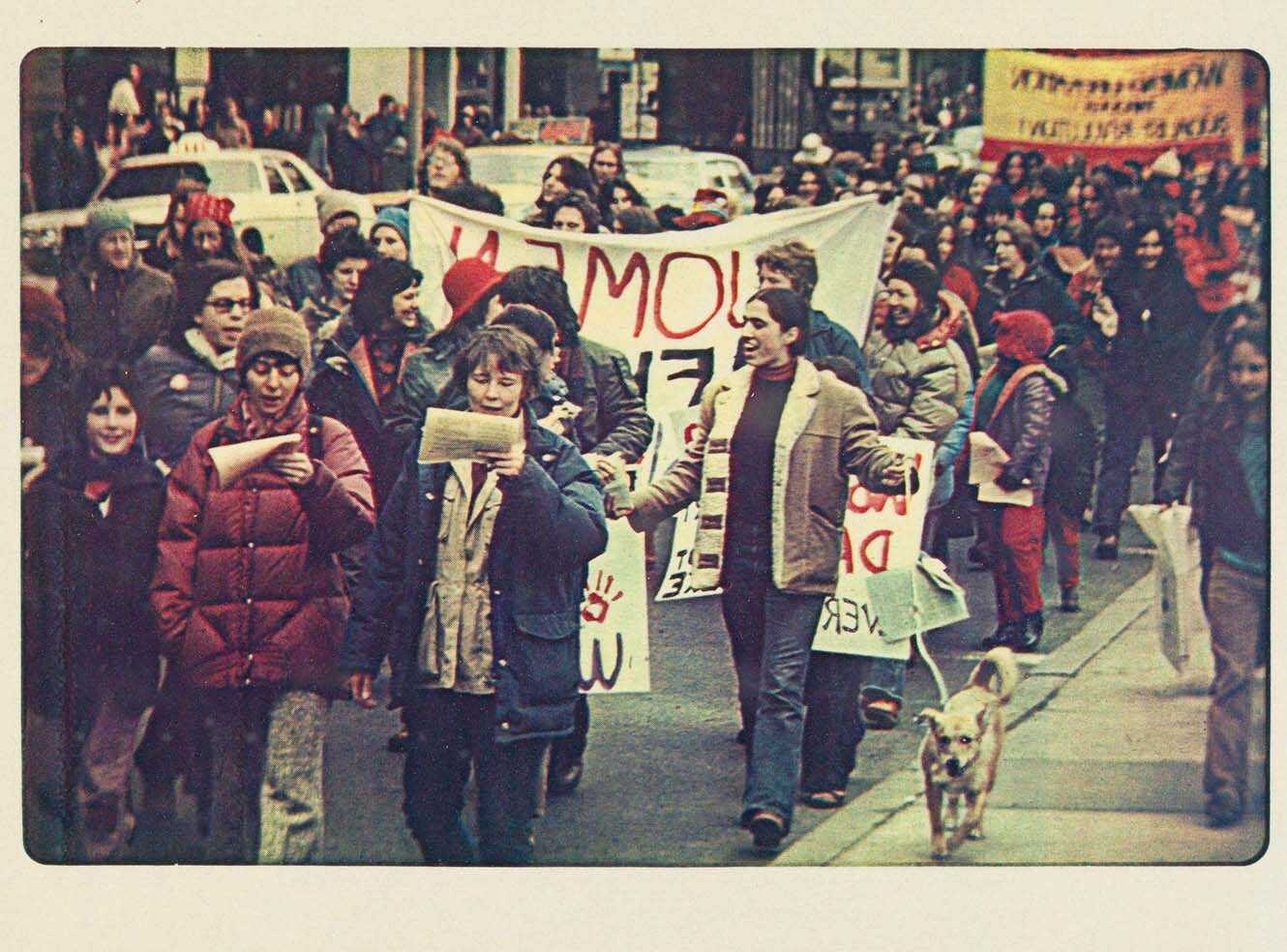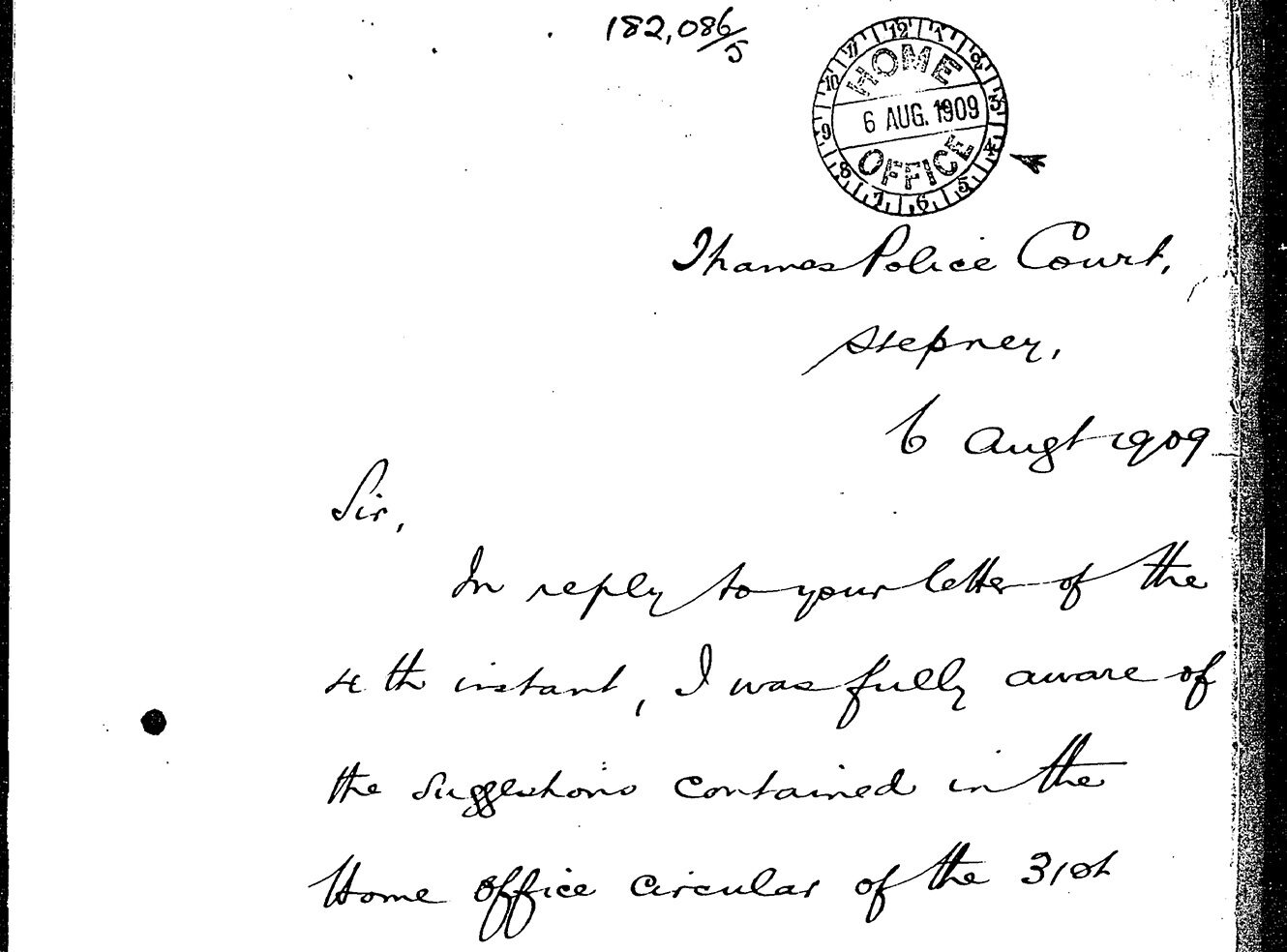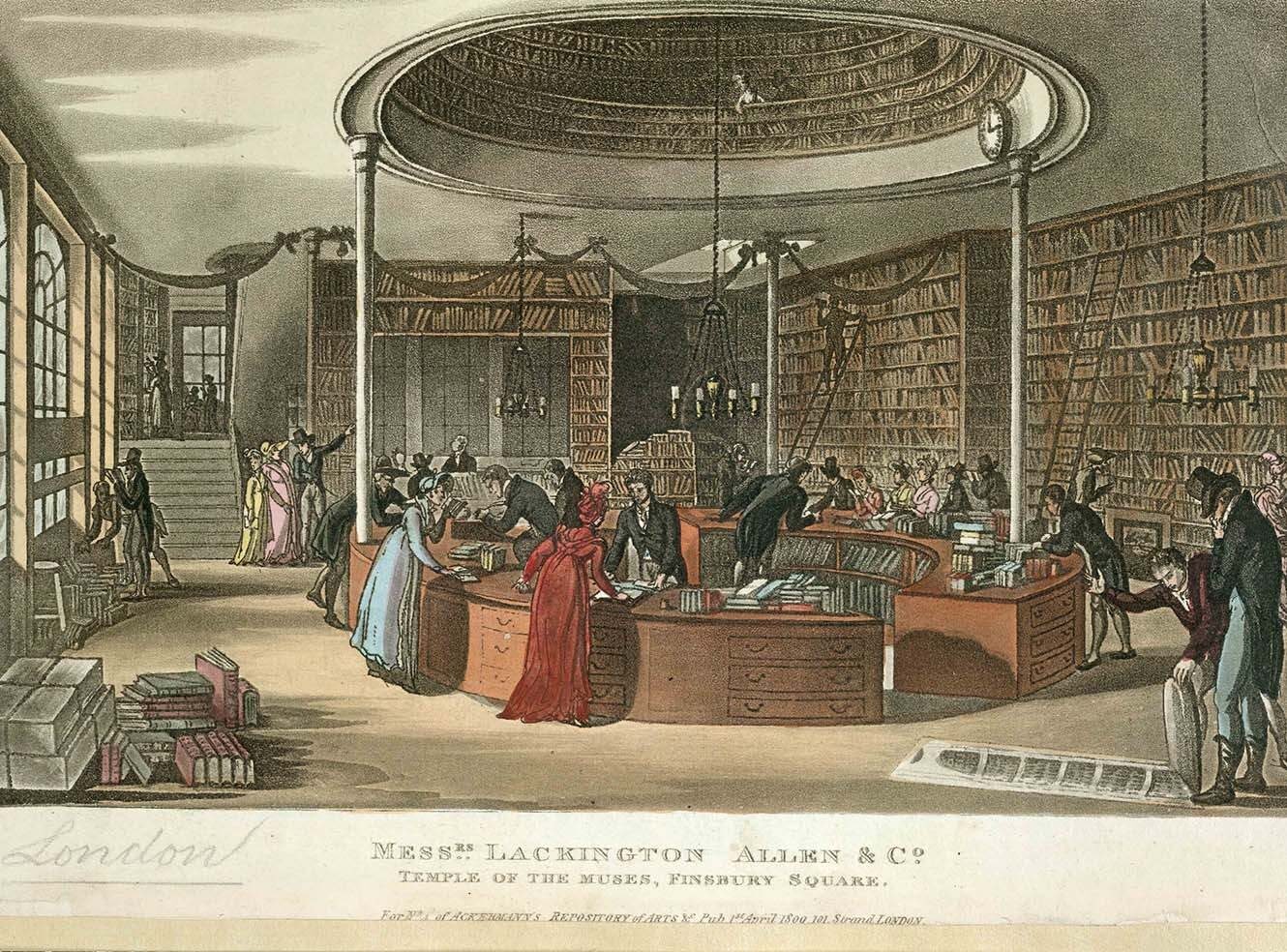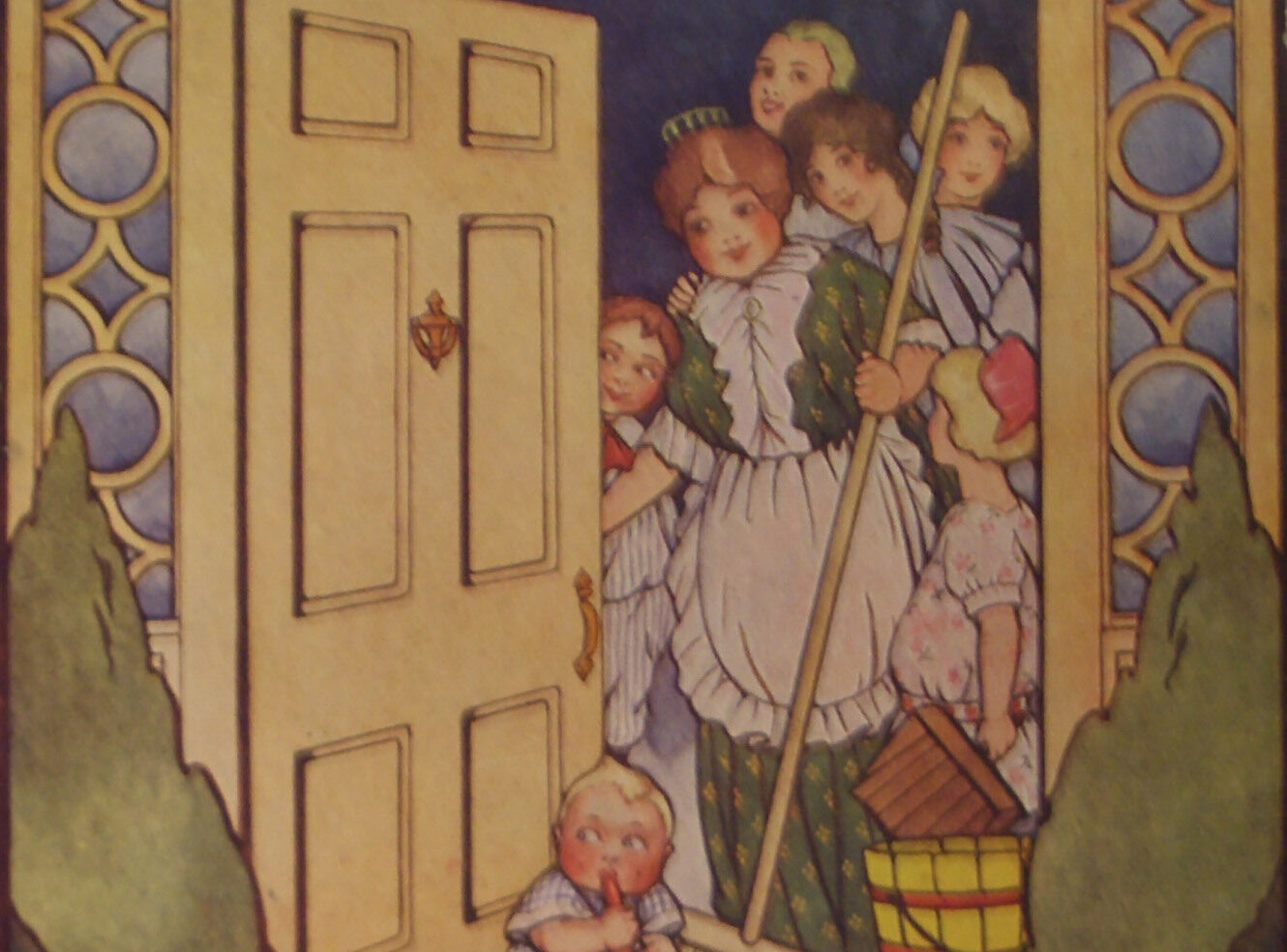Women's Studies

A breadth of printed and manuscript sources, providing a multitude of perspectives on the changing roles of women in history.
This collection offers access to the works and legacy of many notable and influential women, but also a chance to hear the voices of forgotten and ordinary women.
Modules include
| Module | Summary | Date |
|---|---|---|
| Aristocratic Women |
The Social, Political and Cultural History of Rich and Powerful Women Part 1 of this collection covers the correspondence of Jemima, Marchioness Grey (1722-1797) and her circle – which included her daughters, Amabel and Mary, as well as the noted essayist, Catherine Talbot. Over 1,800 letters and 9 volumes of transcripts show their inter-relationships and provide evidence concerning taste, suitable reading, luxury, education, marriage, childbirth, philanthropy, patronage, class, sisterhood, and household and estate management. The second part includes seven diaries and 1,764 letters which describe the life of Charlotte, Lady Bedingfeld, the female head of a prominent Catholic family from 1779 to 1833. They reveal her hopes and fears, and show her power and her helplessness. These are complemented by two smaller collections: 22 letters of Anna Seward, the 'Swan of Lichfield' and a friend of the 'Ladies of Llangollen'; and 154 letters of Lady Stafford. |
1722-1833 |
| Colonial Discourses: Series One |
Women, Travel & Empire, 1660-1914 This collection explores the twin themes of women and travel, and women and empire. The first part brings together some 121 rare printed volumes by 51 women writers, enabling scholars to explore themes such as the development of women’s travel literature, 1662-1914; the evolution of a female aesthetic sensibility; the use of travel as a form of escape from traditional gender roles; the ideology of Empire; issues of identity (i.e. contrasts between imperial settlers and first and second generation settlers who began to develop a new national consciousness); and narratives of empire and anti-empire. Parts 2 and 3 address the theme of women and 'the Orient', and record women travellers’ impressions of harem culture, life in the Middle East and exotic experiences in China and Japan. They show clearly that there is not one 'orientalist' view but a whole range of overlapping views that need to be carefully examined. The fourth part concentrates on women's travels to the Americas and on round-the-world voyages, and continue to tell us much about 'empire', both by conveying the imperial or anti-imperial attitudes of the travellers, or by exploring post-imperial cultures in the Americas. |
1660-1914 |
| International Women’s Suffrage: Part One |
Suffrage Correspondence of Rose Scott (1847-1925) from the State Library of New South Wales Rose Scott was a leading figure in the Women's Suffrage Movement in Australia. She was also a prolific correspondent. Reproduced here are all of her letters, 1877-1920, relating to suffrage. These letters demonstrate the interconnected nature of international women's suffrage and show the rival influence of American, British and Australasian views (with New Zealand being the first country to grant full female suffrage). |
1847-1925 |
| Women, Education and Literature |
The Papers of Maria Edgeworth Maria Edgeworth is an important figure in the History of the Novel and the History of Education. A contemporary of Jane Austen and Walter Scott, she was a pioneer of social realism and helped to develop the regional novel and historical fiction. Part 1 covers the Edgeworth Papers from the Bodleian Library, Oxford. These include literary manuscripts, 15 notebooks, and correspondence, mainly for the period from 1818 to 1849. The archive also offers a great deal of material relating to her father, Richard Lovell Edgeworth, an important educator and scientist. Part 2 covers all of the Edgeworth Papers from the National Library of Ireland, with the correspondence for the period up to 1817 – the period in which Maria Edgeworth enjoyed her greatest literary success – including the publication of Letters to Literary Ladies (1795); The Parent’s Assistant (1796); Practical Education (1798); Castle Rackrent (1800); Belinda (1801); Moral Tales (1801); Leonora (1806); Tales of Fashionable Life (1809-1812); Patronage (1814); Ormond and Harrington (both 1817). Part 3 includes the manuscript of Helen (1834) from the British Library; an important clutch of letters from Birmingham University Library; correspondence between Maria Edgeworth and Sir Walter Scott from the National Library of Scotland; correspondence between Maria Edgeworth and Joanna Baillie from the Royal College of Surgeons of England; and a poem and further letters from Bristol Record Office. |
1818-1834 |
| Women, Emancipation and Literature |
The Papers of Harriet Martineau, from Birmingham University Library Author, journalist, social commentator and leading feminist intellectual in the second half of the nineteenth century, Harriet Martineau is most noted for her contributions to the economic, social and political theories of her day. She is also well known for her feminist writings in the Daily News, the Cornhill Magazine, the Edinburgh Review, the London and Westminster Review and Chambers' Journal, and for her exemplary work as a journalist. Martineau campaigned vigorously for women’s right to work; women’s right to education; sensible dress and health measures for women; fair working practices; the establishment of the first colleges for women, Queen’s College in Harley Street in London (1848) and the Ladies’ College in Bedford Square (1849); in support of Florence Nightingale’s school for nursing at St. Thomas's Hospital in London in the late 1850s; throughout America at women’s rights conventions; and in London, where she wrote lead articles for the Daily News in the 1850s – which were especially influential prior to the passing of the Divorce and Matrimonial Causes Acts. She also supported and signed the first petition for the vote for women that went to Parliament sponsored by John Stuart Mill in 1866. All of these activities are richly documented in the wealth of correspondence in the Birmingham University Library Collection. It is especially rich in letters from or about Harriet’s contemporaries, including Matthew Arnold, Florence Nightingale, Elizabeth Gaskell and Charlotte Brontë, Harriet Beecher Stowe, Samuel Courtauld, William Ewart Gladstone, Samuel Lucas, Lord John Russell, Maria Weston Chapman and Henry William Wilberforce. |
1849-1866 |
| Women, Morality and Advice Literature |
Manuscripts and Rare Printed Works of Hannah More (1745-1833) and her circle Women, Morality and Advice Literature focuses on the life and works of Hannah More (1745-1833), one of the bestselling and most influential women authors of her time in England. Through her writings, philanthropy, political activities and personal relationships, More set out to lead a moral revolution of the nation’s manners and principles. Writing in different literary genres and styles, her printed works span a period of some five decades. Plays, poetry and prose written in different styles were aimed at all levels of society from the aristocracy to the lower class reader. More’s writings, personal relationships, philanthropic schemes, and political actions allow exploration and understanding of the culture of society during the later eighteenth century to the 1800s, including the education of women, Evangelical moral reform, sensibility, the short novel, the Blue Stockings, and abolition of the slave trade. This collection includes some 180 autograph letters from Hannah More and over 100 letters written to her, and as such represent an important primary source. |
1745-1833 |
| Women, Suffrage and Politics |
The Papers of Sylvia Pankhurst, from the Internationaal Instituut voor Sociale Geschiedenis, Amsterdam Sylvia Pankhurst (1882-1960) was an extraordinary woman. She played a key role in the development of feminism; fought for women's rights in Africa, America and across Europe; was prominent in the Labour movement, founding the Women's Dreadnought, a periodical aimed at British working class women; was a pronounced anti-racist and anti-imperialist, and spent 24 years fighting for Ethiopian independence; she was a great Pan-Africanist, admired by W E B DuBois; she was a great writer, editing four newspapers, and writing 22 books and countless articles on topics such as the history of women's suffrage, the Russian Revolution and the growth of socialism. This collection documents all of these issues and more. Part 1 covers her correspondence, and includes over 70 notebooks, her literary manuscripts, and minute books and records of the East London Federation of Suffragettes (ELFS). Part 2 covers her papers on women's suffrage, the First World War, the Worker's Dreadnought (as it became), Ireland, anti-fascism, communism and other topics; her press-cuttings; and her pictures and photographs. |
1882-1960 |
| Women, Writing and Travel: Part One |
The Diaries of Stella Benson, from Cambridge University Library Stella Benson was a vibrant writer and diarist whose work took her across the United States and to Hong Kong and China. Her eight acclaimed novels include I Pose, This is the End, Living Alone and Tobit Transplanted. Honest and compelling, Benson’s diaries contain her very forthright opinions on people and events. Early volumes trace her work in the East End of London for the Charity Organisation Society, her involvement in the campaign for women’s suffrage, her shop in Hoxton, and two years in America, much of the time spent in the artistic and bohemian community in the San Francisco-Berkeley area. Her diaries are a good source for accounts of people she met on her travels, colonial life in Hong Kong, the Treaty Ports, and her views on China and America, with much detail on political and social issues. Her troubled health and her position as a lonely wife in far-flung places contributed to her enthusiasm for writing. |
1902-1933 |
| Women’s Autobiographies |
Rare printed autobiographies of fifty-five women’s lives Women’s Autobiographies provides fresh insights into the diversity of women’s lives, and reveals their beliefs, opinions and aspirations. It provides valuable research material for those studying social history, women and gender issues, childhood and education. Part 1 offers texts describing the lives of 33 women who lived between 1713 and 1859. These include a middle class Quaker; an emigrant to America; a working class orphan; a poet; a social reformer; a Roman Catholic aristocrat; a cross-dressing actress; an army daughter; several society hostesses; a non-conformist preacher; a missionary; a Royalist witness to the French Revolution; a woman pioneer who travelled amongst the Mohawk; a woman in religious turmoil; an Irish aristocrat; an Irish emigrant to America; a best-selling author; a witness of slavery in Jamaica; one of Princess Charlotte's servants; a Methodist; a Lady at Court in Hanoverian England; a sexual predator; a woman who fell from affluence to poverty; an actress, poet and novelist; essayists; an Indian settler; another actress; a cottage preacher; and a devoted mother. All life is here – and as can be seen, there is plenty of material relating to religion, the theatre, literature, politics, travel and slavery. Part 2 offers texts describing the lives of 19 women who lived between 1780 and 1889. These include an emigrant farmer’s wife; a teacher; a governess; an author; a poet; an itinerant preacher; an artist; a journalist; a lady-in-waiting; an astronomer; a scientist; an abolitionist; an early feminist; a social reformer; a clergyman’s daughter, a society woman, a military spouse, and a colonial farmer’s wife in India. |
1713-1859 |
| Women’s Journals of the Nineteenth Century: Part One |
The Women's Penny Paper and Woman's Herald, 1888-1893 The Women’s Penny Paper is a wonderful source of information on all sorts of topics relating to women and politics in the 1880s and 1890s. It offers regular feature interviews with prominent women from Annie Abbott, the "Little Georgia Magnet", and Annie Besant, to Elizabeth Cady Stanton, President of the American Women’s Suffrage Association, and Mrs Humphry Ward; articles on women's work such as Frances Power Cobbe writing on ‘Journalism as a Profession for Women’ and ‘Lady Dufferin and the Lahore Ladies’ book’ and theatre reviews including an early feminist reaction to The Doll’s House by Henrik Ibsen; international topics ranging from women lawyers in France and Belgium to women voters in America; and contributions from Sophia Beal, Effie Johnson and Olive Schreiner. |
1888-1893 |
| Women’s Suffrage and Government Control |
Papers from the Cabinet, Home Office and Metropolitan Police Files in the National Archives, UK (CAB 41, HO 45, HO 144, MEPO 2 & MEPO 3 Presented here are British government records discussing the bitter struggle for women's suffrage. This collection provides access to the key files for 1906-1922, providing researchers with the opportunity for renewed investigation of public records essential for a complete understanding of the suffrage movement, the government response, and the day-to-day handling of difficult situations by the police and other law enforcement agencies. |
1906-1922 |
| Women’s Suffrage Collection |
From Manchester Central Library This is one of the most important archival collections in existence describing the struggle for women's suffrage. Part 1 covers the papers of Lydia Becker, founder of the Women's Suffrage Journal, Treasurer of the Married Women's Property Committee, a prominent figure alongside Josephine Butler in the campaign against the Contagious Diseases Acts, and ultimately President of the National Union of Women's Suffrage Societies. Part 2 covers the papers of Millicent Garrett Fawcett, who was inspired to become a suffragette after hearing a speech by John Stuart Mill. Married to Radical MP Henry Fawcett (a close associate of William Gladstone), Millicent Fawcett joined the London Suffrage Committee in 1868 and was involved in the organisation of women's lectures at Cambridge that led to the establishment of Newnham College. She succeeded Lydia Becker as President of the National Union of Women's Suffrage Societies and joined Josephine Butler in her campaign against the white slave trade. |
1860-1920 |
Key data
Period covered
Source archives
- Internationaal Instituut voor Sociale Geschiedenis, Amsterdam
- State Library of New South Wales
- National Library of Ireland
- The National Archives, UK
- National Library of Scotland
- Manchester Central Library
- Bodleian Library, Oxford
- Birmingham University Library
- Bedfordshire Archives
- Cambridge University Library
- Clark Library, Los Angeles
- Women’s studies
- Gender studies
- Social history
- Cultural history
- Life writing and autobiography
- Everyday life and domesticity
- Women’s suffrage
- Travel writing
- Empire
- Education
- Political activism and campaigning
- Government files
- Personal writings, diaries and journals
- Correspondence
- Rare printed books
- Women's History





